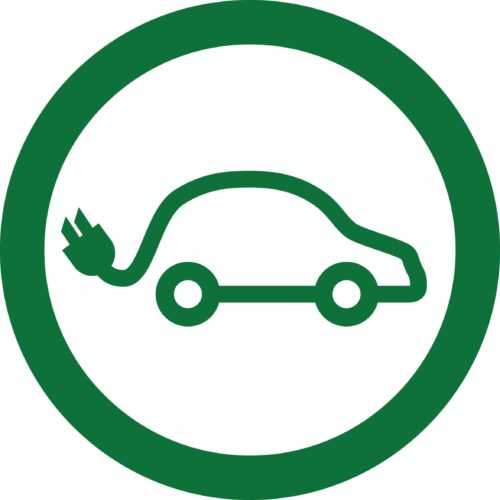Latest Reports Question the Long-Term Sustainability of Electric Vehicles
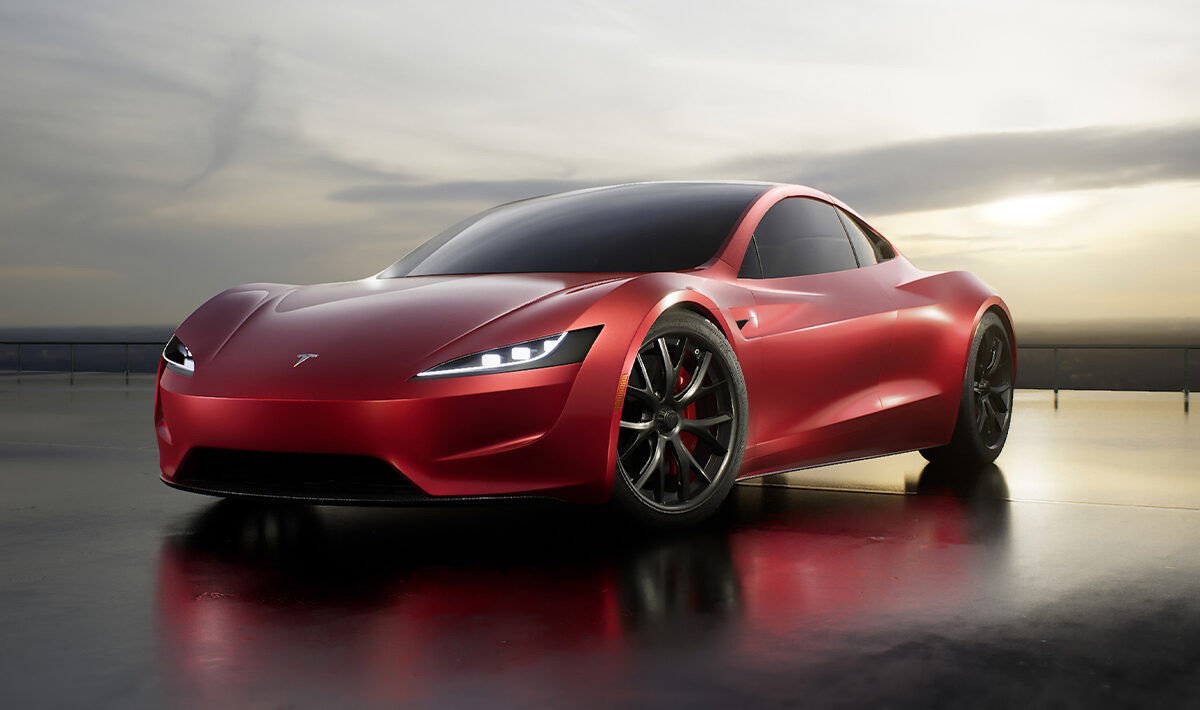
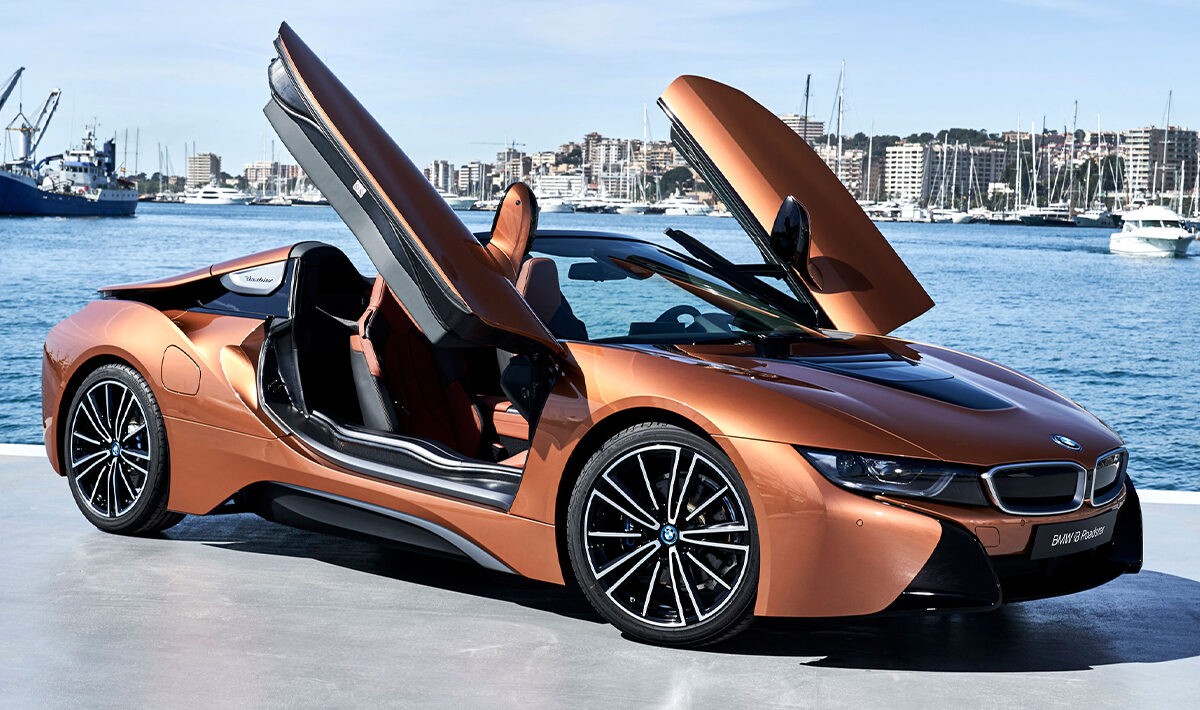

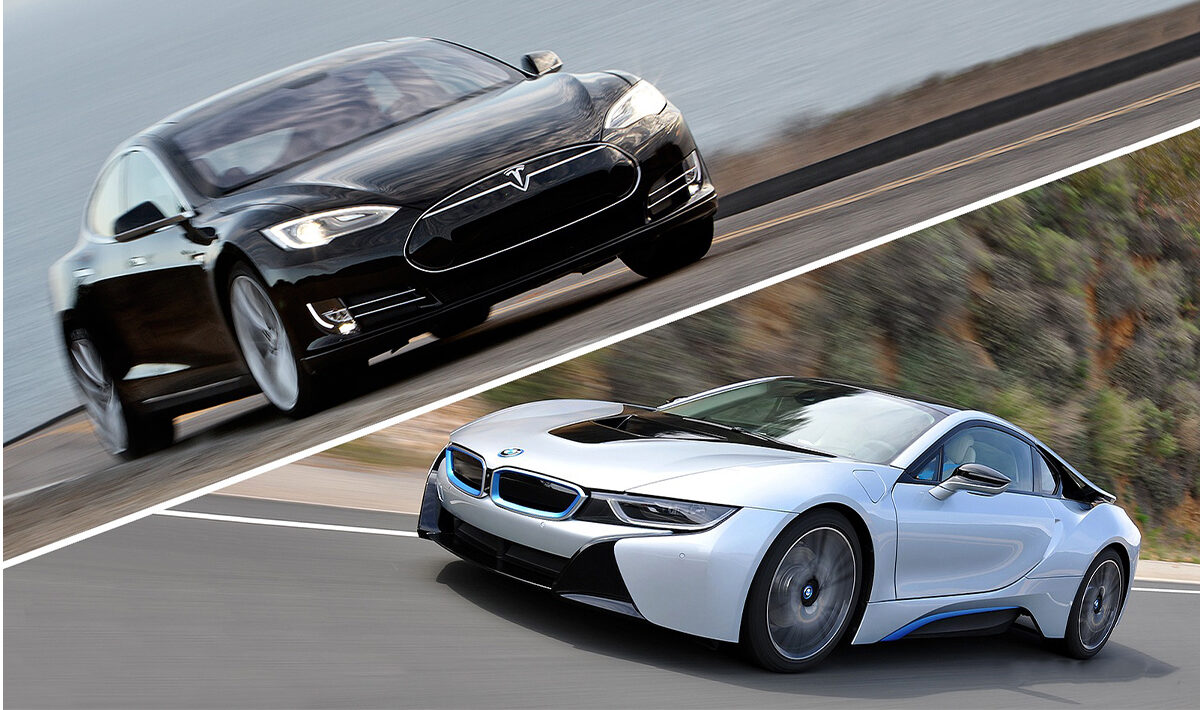

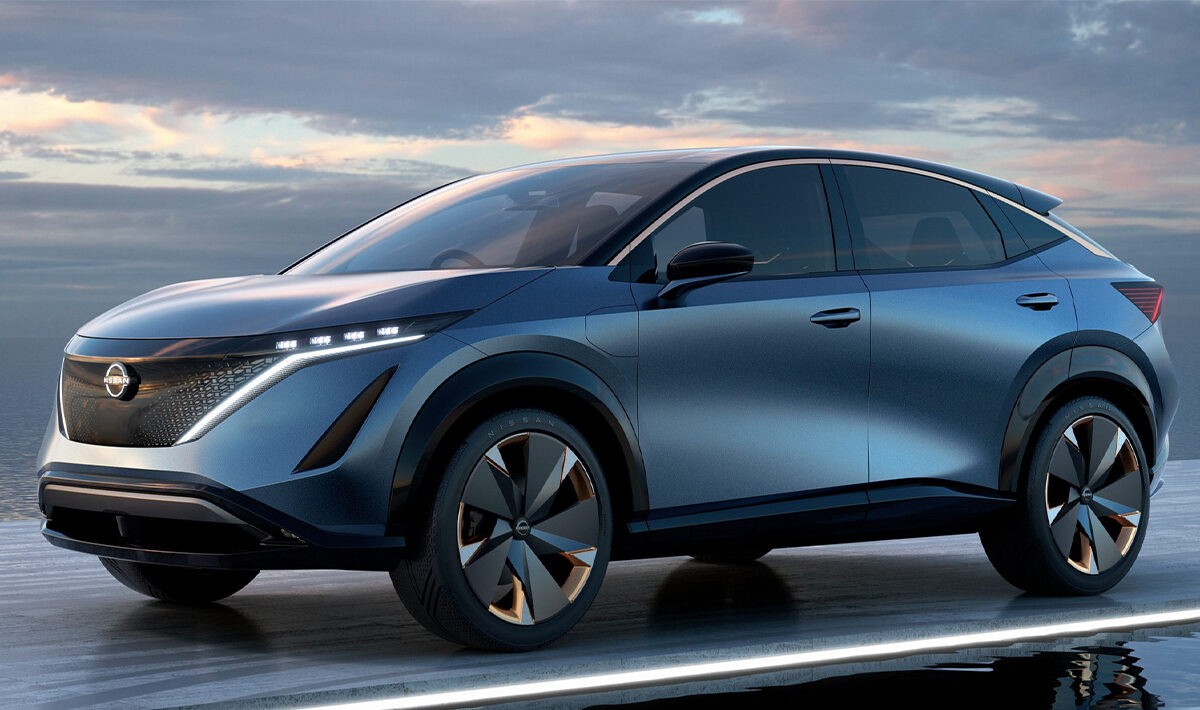

New evidence has emerged that has cast doubt on the sustainability of electric vehicles (EVs). While many people have welcomed the growth of EVs as a positive step towards reducing carbon emissions, a report from Reuters suggests that these vehicles are not as sustainable as many had believed.
The report highlights a seemingly minor issue that could have long-term implications for the EV industry. Specifically, it reveals how insurance companies are writing off EVs as total losses following minor accidents. Many of these vehicles end up being sold for parts, including the high-priced batteries that are such a critical component of EVs.
The report went on to reveal that EV salvage sales in Europe and the US were from leading automakers, like Tesla, BMW, Stellantis, Hyundai, and Nissan.

According to the report, the battery accounts for around half of the cost of an EV. However, the batteries are not always easy to repair, especially as many brands, including Tesla, have incorporated them into the structure of the vehicle to reduce overall weight and cost. Tesla’s batteries have recently been labelled as having “zero repairability”. While this is not entirely accurate, it is true that the process is incredibly complex and time-consuming. Specifically, it involves 314 different steps, including the removal of the interior and floor space.
Additionally, there are relatively few recyclers worldwide who have the capability of dealing with these batteries. While they are technically recyclable, there are currently not enough end-of-life batteries to make recycling commercially viable. However, this is beginning to change, thanks to the emergence of several new lithium-ion battery recycling plants and recent investments totalling billions of dollars.
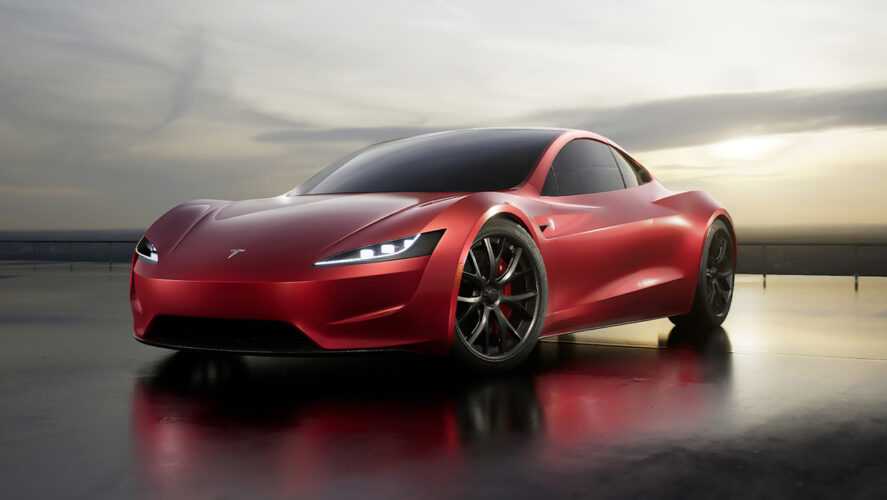
While the long-term sustainability of EVs is still up for debate, there are undoubtedly many positive things about these vehicles too. For example, they are much better for the environment than petrol or diesel engines, and they are also much cheaper to run. Additionally, the growth of the EV industry has led to the creation of many new jobs, both in manufacturing and the development of new technologies.
For the UK car industry, the rise of EVs represents both a challenge and an opportunity. On the one hand, the industry must adapt to the growing popularity of these vehicles or risk being left behind. On the other hand, the switch to EVs could also offer many new prospects, from the development of new technologies to the creation of new jobs.
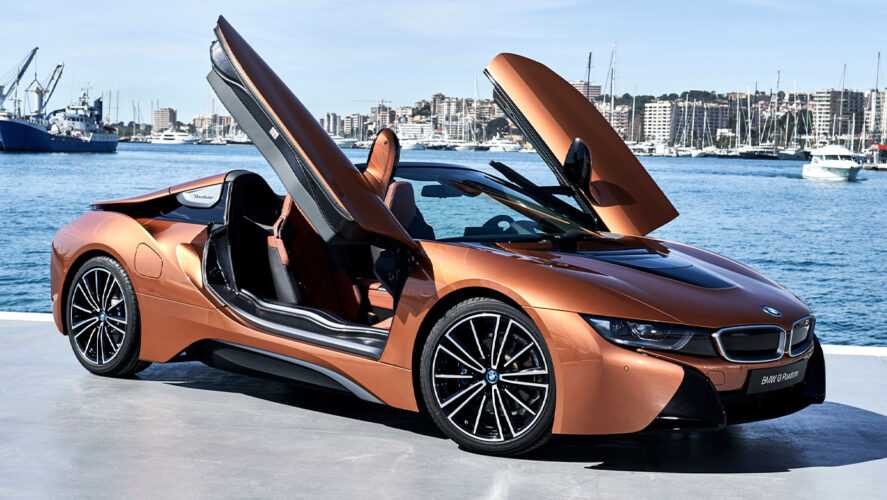
One particular area of interest has been the creation of battery production facilities in the UK. Currently, the country is heavily reliant on imported batteries, mainly from Asia. However, the UK government has recently pledged to invest over £500m to create a new gigafactory for battery production, which could help to usher in a new era of battery production in the country. This could also bring a range of new jobs and technologies to the region, boosting the economy and providing new opportunities for growth.
Despite the challenges facing EVs, it is clear that they are here to stay. While there may be some issues surrounding the repair and recycling of their batteries, these are challenges that can be overcome with the right investment and innovation. With the support of governments and car manufacturers, it is possible to create a new, sustainable model for the car industry, one that will provide benefits for the environment and the economy in equal measure.
What do you think? What does the automotive future look like?


